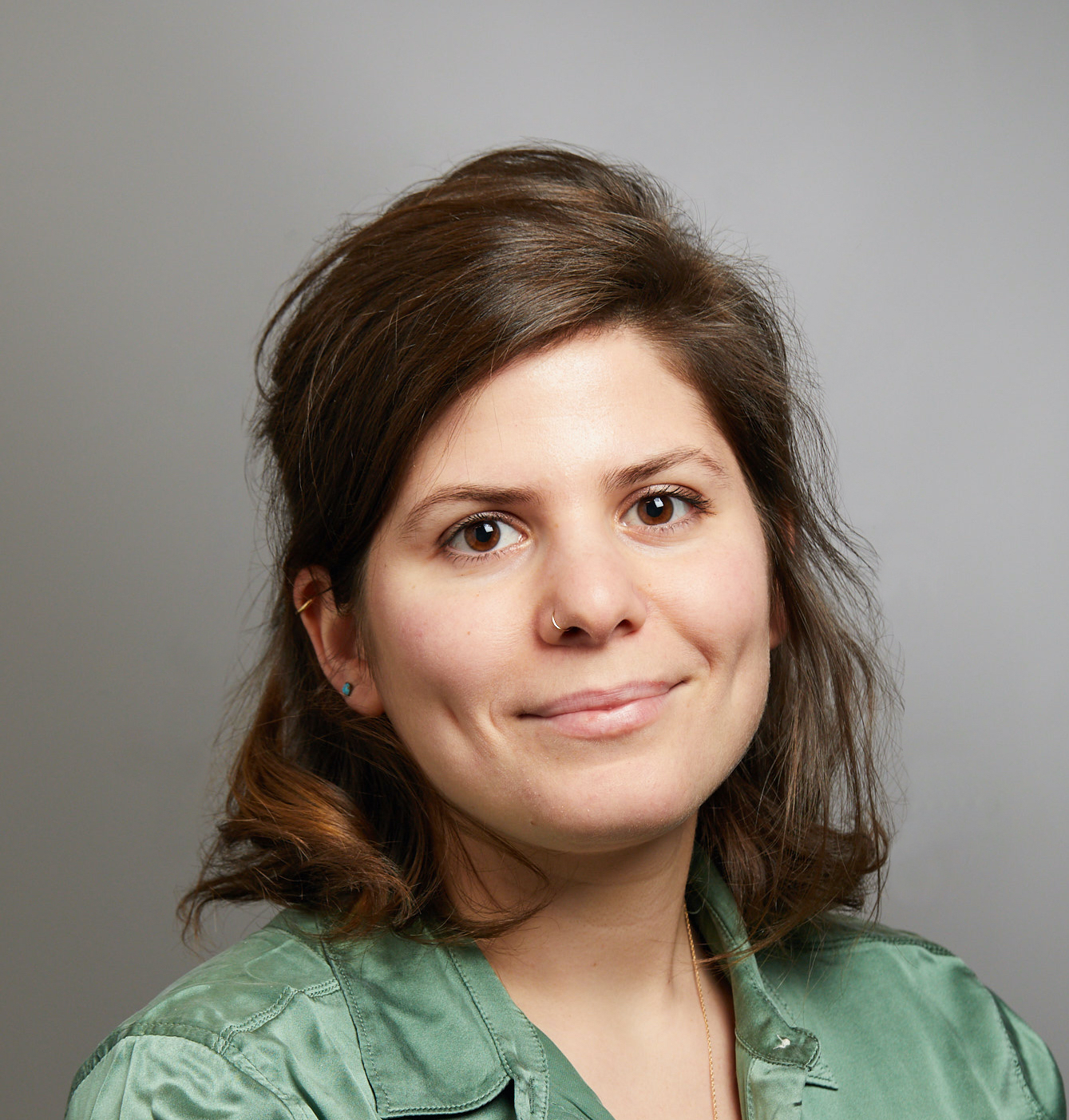In partnership with Coalition to Cure CHD2.
Changes in the chromodomain helicase DNA-binding protein 2 (CHD2) gene are associated with a neurodevelopmental disorder characterized by severe epilepsy, delays in development, and autistic features. People with CHD2-related neurodevelopmental disorders share certain patterns in their DNA, called episignatures, that can be used to diagnose or classify genetic variations. In this study, Dr. Mefford and her team aim to study these episignatures in different cell types to learn how these patterns relate to the problems seen in CHD2-related disorders. They are also interested in understanding whether these episignatures can be used to predict how the disease might progress. Understanding how these patterns relate to the disorder could lead to the development of new therapies targeting these specific changes.









